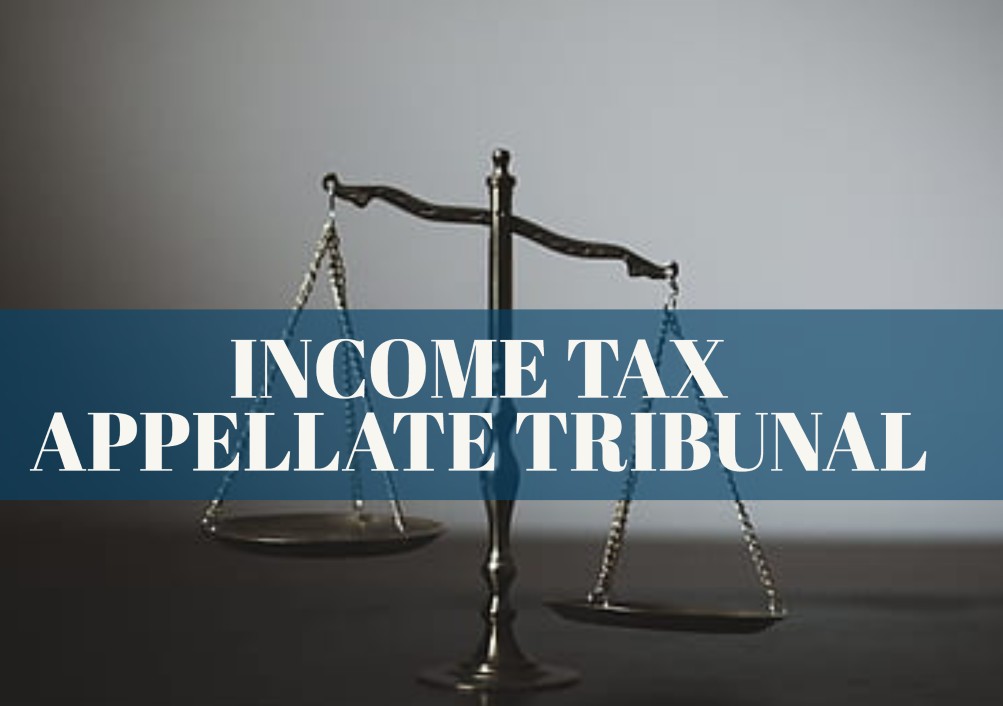InITA No.806/Kol/2018 -ITAT- ITAT (Kolkata) dismisses Walzen Strips Pvt. Ltd.’s appeal against addition of Rs. 45 lakh under Section 68 of Income Tax Act; rules assessee must provide complete documentation to explain nature & source of credits
Members Sanjay Garg (Judicial) & Manish Borad (Accountant) [04-09-2023]

Read Order: Walzen Strips Pvt. Ltd v. DCIT, Circle-9(2), Kolkata
Chahat Varma
New Delhi, September 8, 2023: The Kolkata bench of the Income Tax Appellate Tribunal has upheld an order of the Assessing Officer (AO) to treat share capital as income for Walzen Strips Pvt. Ltd (assessee).
Brief issue involved in the present case was that the assessee, a private limited company engaged in the manufacturing of cold rolled and high tensile strips, faced scrutiny by the AO. During the examination of the financial statements, it was found that the company had issued 22,500 shares and received a total fund of Rs. 45,00,000. However, the AO raised concerns about the genuineness of the transaction and questioned the creditworthiness of the share applicants. Consequently, the AO made an addition of Rs. 45,00,000 under Section 68 of the Income Tax Act. The assessee then appealed to the CIT(A) but did not succeed in obtaining a favourable outcome.
The two-member bench of Sanjay Garg (Judicial) and Manish Borad (Accountant)noted that Section 68 of the Income Tax Act mandates that the assessee must provide an explanation for the nature and source of any credit entry recorded in the books of account during the year. If the explanation provided by the assessee is deemed unsatisfactory by the AO, then the sum in question is liable to be treated as income and subjected to income tax.
The bench emphasized that when explaining the nature and source of credits before the Tribunal, the assessee is obligated to provide complete documentation. This should include identity proof, bank statements, income tax returns, audited balance sheets, and profit and loss accounts of both the assessee company and the subscribing companies. Without such documentation, it is impossible to establish the identity and creditworthiness of the share applicants and the genuineness of the transaction.
In the said case, the bench concluded that several factors raised doubts about the genuineness of the transaction. The assessee company had incurred significant losses, and it was the first year of its incorporation. The premium of Rs.100 per share did not appear genuine, and it was unclear why the alleged share applicants would invest such a sum in the assessee company's equity.
Thus, the Tribunalheld that the assessee had failed to adequately explain the nature and source of the alleged sum. Therefore, the AO was justified in invoking the provisions of Section 68 of the Income Tax Act.
Sign up for our weekly newsletter to stay up to date on our product, events featured blog, special offer and all of the exciting things that take place here at Legitquest.




Add a Comment